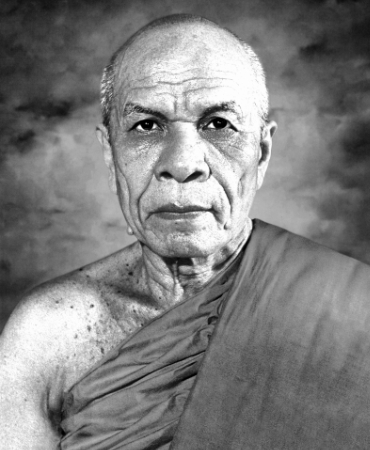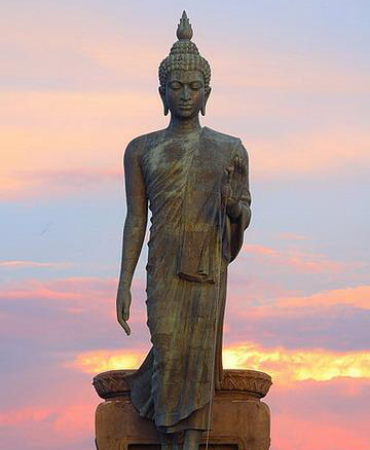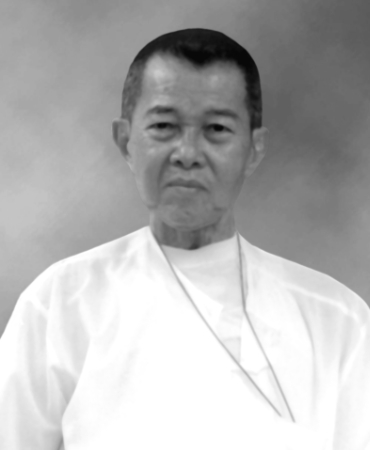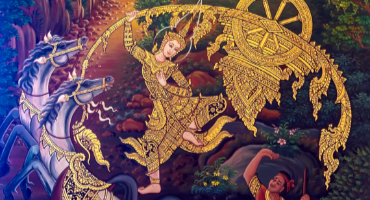Enjoy a unique experience with
Meditation Talks
About / Way of the Buddha
He who walks in the eightfold noble path with unswerving determination is sure to reach Nibbāna.

The Monk!
Abbot of Wat Paknam until he died in 1959 he became a well-known meditation master who played a significant role in developing Theravada Buddhism. Also, he played a significant role in introducing Theravada Buddhism to the West.

The Teacher!
Siddhartha Gautama, an Indian spiritual teacher who founded Buddhism, and developed what is known as the Middle Way — a moderate, path between self-mortification and self-indulgence.

The Master!
Master of Vijja Dhammakaya Meditation, a university lecturer in Management and Vijja Dhammakaya Meditation, recognised author, publisher of books on the same subject.
Buddhism
Our greatest experiences are our quietest moments.
A disciplined mind brings happiness.
There is no fear for one whose mind is not filled with desires.
- I accept the precept to not destroy living creatures.
- I accept the precept to not take what they do not give.
- I accept the precept to refrain from the misuse of the senses.
- I accept the precept to refrain from incorrect speech.
- I accept the precept to refrain from intoxicants that cloud the mind.
The path leading to nibbãna — that is where my mind delights.
Stopping the mind is the key to success.


